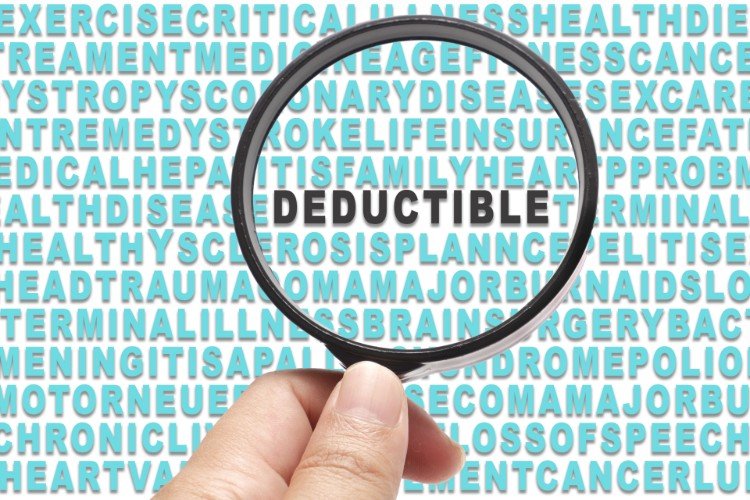Homeowners Insurance Policy and Coverage Basics
Here’s what you need to know if you’re in the market for homeowners insurance coverage to protect your biggest investment - your home.
The law doesn’t require home insurance. However, you’ll have a hard time coming up with good reasons not to insure.
That's because homeowners insurance protects your most valuable assets. This includes the structure of your “dwelling” (which could be a house, townhouse, condo, or co-op). And your belongings and possessions.
Home insurance protects you in other important ways, too. It provides money for living expenses if you’re forced out of a damaged or destroyed home. It also includes liability protection.
Not Required? Not Entirely…
Only people who pay for their homes in cash or those that have paid off their mortgage can avoid home insurance.
Pretty much everyone else must insure their homes, as most mortgage lenders require it.
That’s why you should know as much as possible about homeowner’s insurance coverage.
Basic Components
Homeowner’s insurance policies typically cover the following:
Your home and "structures"—this includes plumbing fixtures, electrical wiring, and heating and permanent air-conditioning systems inside your home. It also includes external ones like fences, garages, gazebos, and sheds.
Your Stuff—Clothes, electronics, furniture, and the like are included here. So are less obvious items like plants, shrubs, and trees. Bonus: these are protected even when they’re not on your property. For example, when they’re in your car or with you at work or on vacation.
Your insurance company will repair or replace all of the above if they’re stolen, damaged, or destroyed by:
- Lightning
- Fire
- Hail
- Hurricane
Or any disaster listed in your homeowner’s policy
Note: disasters like floods and earthquakes aren’t usually covered by standard homeowners insurance. However, many companies will sell you earthquake coverage as a separate policy or as an endorsement to your homeowner’s policy. The National Flood Insurance Program and a few private insurers offer flood coverage.
Standard homeowners policies also:
- Cover you when you’re hit with a lawsuit related to bodily injury or property damage caused by you, your family members, or your pets
- Provides no-fault medical coverage, which means your insurance company will pay the medical bills for people who are hurt on your property or are hurt by your pets
- Pay some of your living expenses if your home is damaged or destroyed and you’re forced to live elsewhere. Living expenses include hotel bills, restaurant meals, and more.
Increasing Coverage
You can supply your home with extra protection from flood and earthquake damage with additional policies. You can also bolster the coverage that your home insurance provides.
For example, insurers typically pay up to $2,000 for antiques, electronics, jewelry or silverware. What if your items cost more than $2,000 to replace? We recommend purchasing a scheduled personal property endorsement or rider to insure them for their full, appraised value. (Personal property replacement cost endorsements or floaters are another option here.)
Levels of Coverage
After selecting a homeowner’s insurance policy, you must choose a level of coverage.
The two main options are:
- Actual cash value (ACV). Your insurer will pay you “market value”. This means depreciation will be factored into the final cost for your home or possessions if they're lost or stolen.
- Replacement cost Your insurer will refer to the original price of any items that need to be rebuilt, repaired, or replaced. It does not matter how old or worn they were when they were destroyed, damaged, lost, or stolen.



